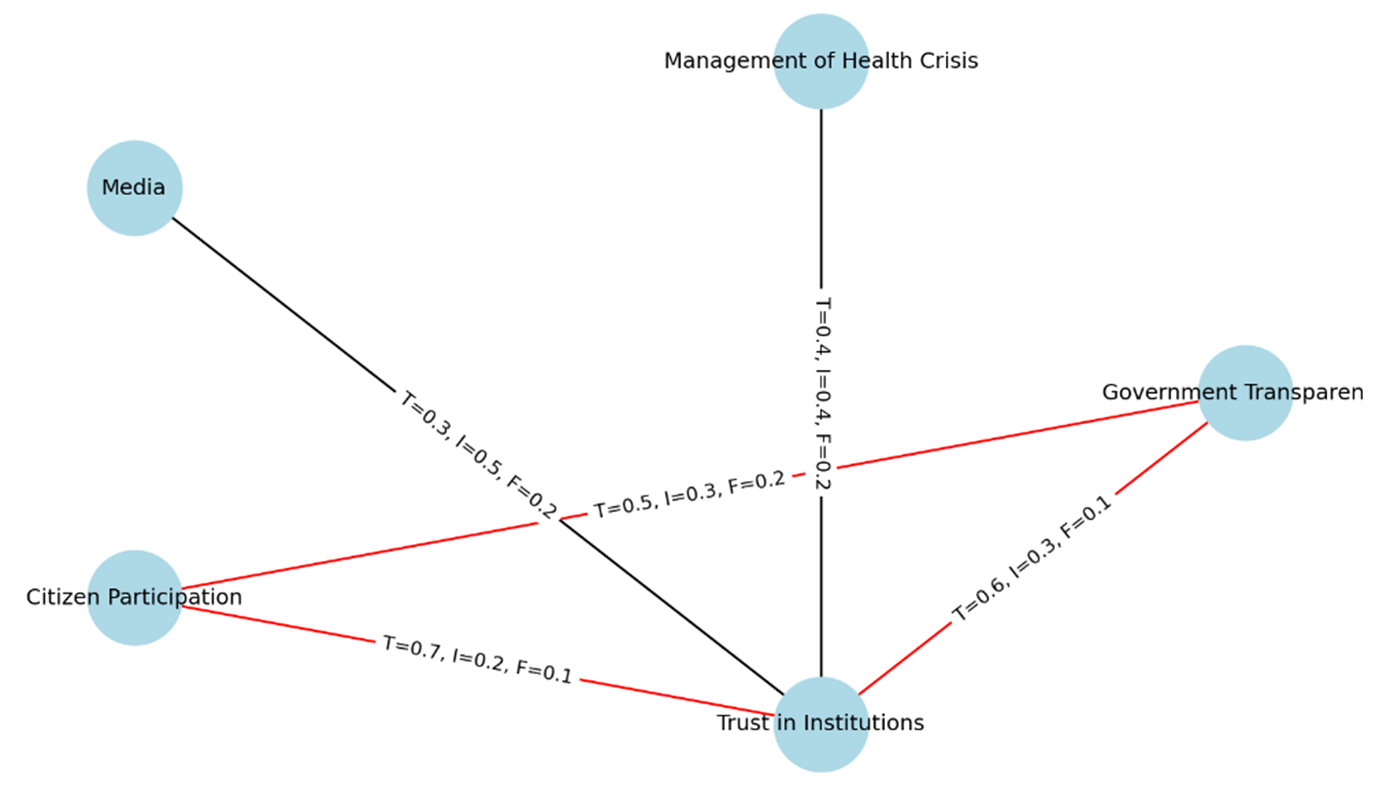Thinking about Complexity in Latin America: Contributions of Neutrosophy in Dialogue with Edgar Morin
Keywords:
Neutrosophy, MultiAlism, complexity, tripartite logic, complex thinking, Morin’s philosophy, uncertainty, configurational analysis, plithogeny, n-alectics, feedbackAbstract
Smarandache’s neutrosophic logic—and its broader philosophical umbrella of MultiAlism, which insists that any assertion must be considered together with its neutral and anti-assertive counterparts—offers powerful methodological tools to operationalize Edgar Morin’s complexity thinking. While Morin contributes the principles of dialogic, recursiveness and the hologrammatic approach, his continental framework can be difficult to apply empirically. Neutrosophy and MultiAlism formalize contradiction, uncertainty and multidimensionality, thereby bridging theory and practice. In Latin America, where complexity thinking is widely adopted to address realities marked by inequality and instability, this integration enables rigorous modelling of non-linear phenomena. Applications such as Neutrosophic QCA (NsQCA), Neutrosophic Cognitive Maps and plithogenic models capture non-linear causal configurations, systemic feedback loops and zones where multiple truths coexist alongside indeterminacy. By articulating Morin’s complex thought with neutrosophy and MultiAlism, researchers gain a flexible analytical toolkit that enriches our understanding of ambiguous social systems and opens new avenues for modelling contexts in which conditions can act simultaneously as enablers, inhibitors or neutral factors.
Downloads

Downloads
Published
License
Copyright (c) 2025 Neutrosophic Sets and Systems

This work is licensed under a Creative Commons Attribution 4.0 International License.







